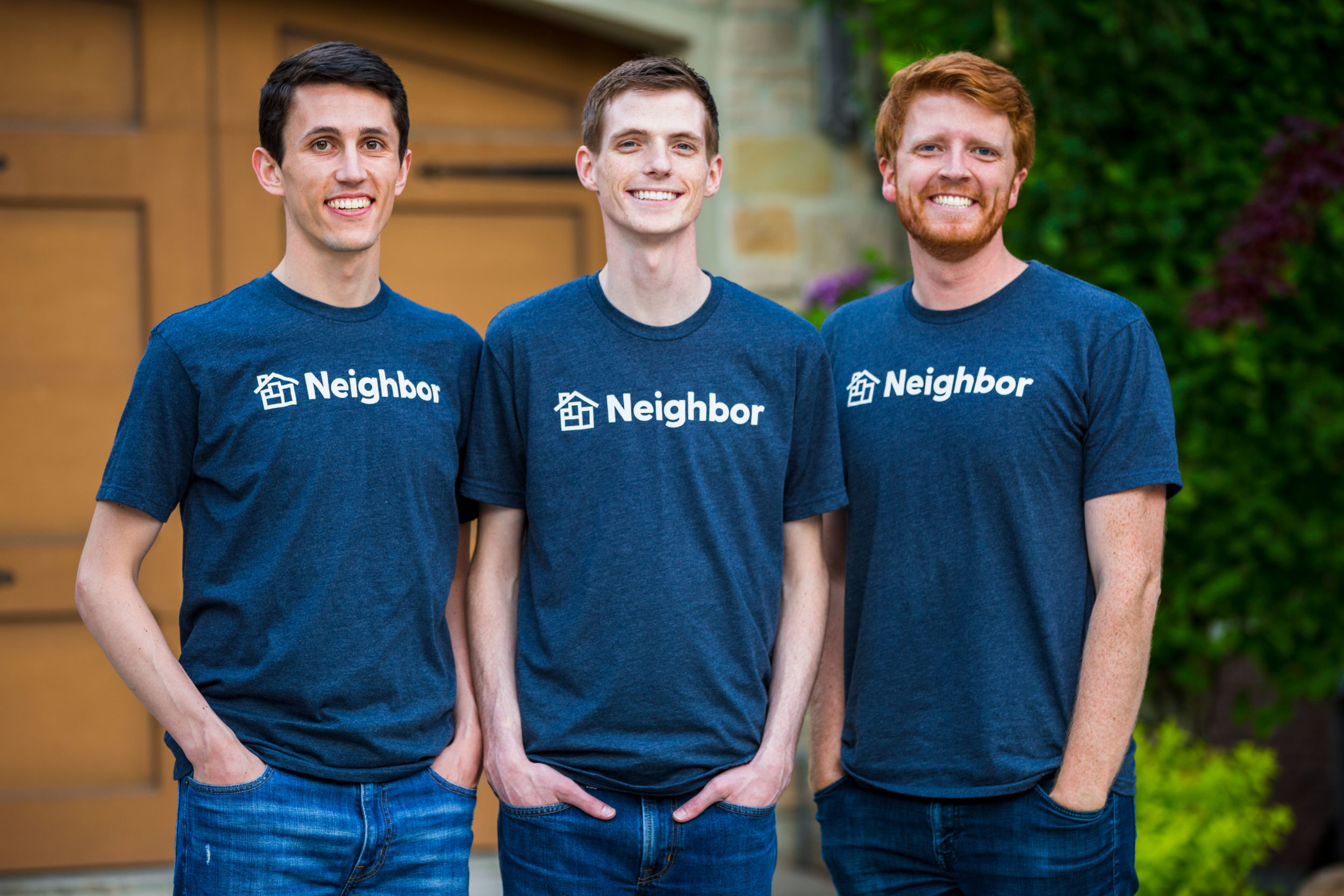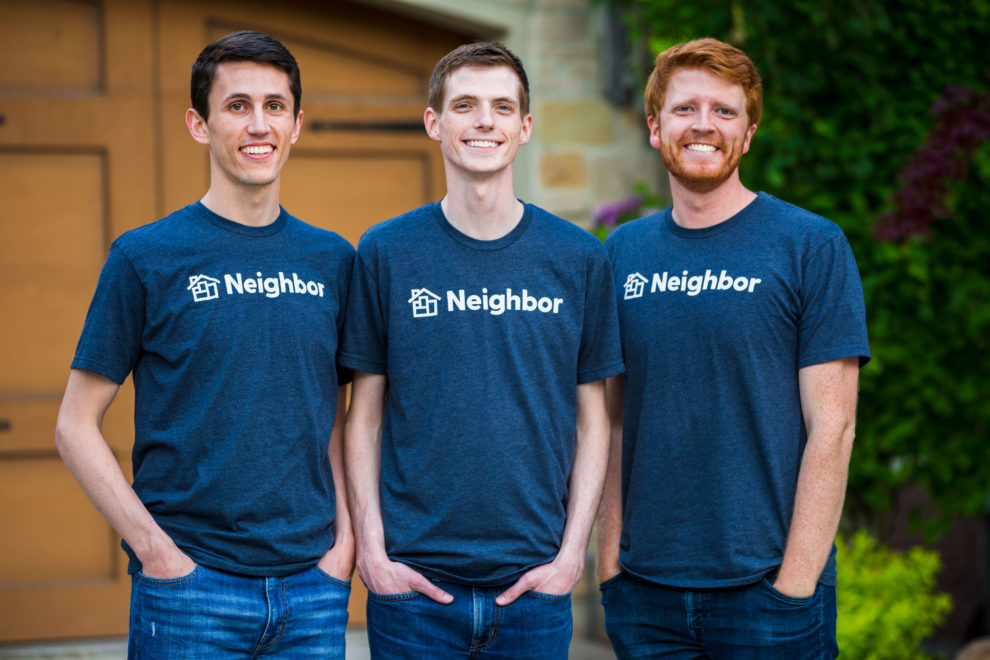Neighbor.com, a Lehi, Utah-based peer-to-peer self-storage marketplace, has closed on a $10 million Series A led by Andreessen Horowitz (a16z).
Subscribe to the Crunchbase Daily
Tonal co-founder Nate Bosshard (also a former partner at Khosla Ventures) and Ryan Graves, Uber’s first CEO, also participated in the round. The financing adds to the $2.7 million raised by the company in a March 2018 seed that included participation from Revolution.
Notably, a16z and Graves are comparing Neighbor.com to two high-profile startup giants: Airbnb and Uber.
Specifically, a16z Managing Partner Jeff Jordan in a written statement said that Neighbor has many of the attributes that first attracted him to Airbnb back when a16z first invested in the startup in 2011. Those attributes, according to Jordan, include “economic empowerment for the hosts, a superior value prop for the guests in a huge market, and better leveraging existing infrastructure in a sustainable way.”
“I look forward to supporting their efforts to build a comparable company.”
Meanwhile, Graves said the quality of the Neighbor team gave him “a confidence and an excitement” similar to how he felt about Uber’s early team.
“The opportunity is enormous,” he said.
Background
Colton Gardner, Joseph Woodbury and Preston Alder co-founded Neighbor.com (while in their 20s) in 2017 with the mission of giving people a more accessible and personal alternative to store their belongings. The company connects people who have unused space in their homes, garages or apartments to renters. (We’ll get into details later.)
Neighbor.com was developed on the premise that while there seems to be a self-storage facility on nearly every corner, that doesn’t necessarily need to be the case.
“There’s 2 billion square feet of rentable self-storage in the U.S. at this point,” Woodbury told me. “We thought that rather than building all this excess space, why not use space we already have? It saves a lot of money, makes it cheaper for renters and more accessible since many facilities are in industrially zoned areas.”
As a reporter who used to cover the self-storage industry, this concept had me intrigued. But a few questions popped to mind. How do you compete with the self-storage giants and independent operators out there, especially in saturated markets? How can you expect people to trust complete strangers with their belongings? What is the advantage of using Neighbor.com as opposed to going the traditional route?
So I hopped on the phone with Woodbury, the company’s CEO, who gave me the skinny on what Neighbor.com is all about.
How it works
Neighbor.com connects “renters” in need of storage space with “hosts” in their neighborhood who are willing to lease storage space in their home, garage or even driveway (think boats). Renters range from college students storing a box in a neighbor’s closet for $20 per month to someone else paying to store their classic car in a neighbor’s third-car garage for $400 a month. (The company claims that some hosts make as much as $25,000 per year and that using Neighbor.com is a new way of creating passive income.)
The company makes money by charging a service fee (a sliding scale percentage) of each rent. Its algorithms provide suggested rental fees for hosts.

When it comes to safety, Woodbury told me that the founding trio recognized very early on that people might be wary of putting their belongings in some random person’s garage (or attic or basement). So it came up with a $25,000 guarantee to each renter for stored items and a $1 million host liability guarantee. Plus, they also believed that many people feel more comfortable having their belongings stowed away in a residential neighborhood (often their own, or close to their own) than a more remote, industrial or commercial location.
“For most, it feels really comforting, and there’s a lot of peace of mind with having their things in a nice garage instead of a dusty storage unit,” Woodbury said. Plus, costs are usually half those of a traditional self-storage unit, he said.
In just three years, Neighbor.com has grown (mostly by word-of-mouth) to offering units in all 50 states. It also, according to Woodbury, has “more unique storage locations in the U.S. than any storage company.” In the last year it has more than tripled its revenue, according to Woodbury.
The 20-person company plans to use its new capital to beef up its presence in its existing markets.
Blog Roll Illustration: Li-Anne Dias

Stay up to date with recent funding rounds, acquisitions, and more with the Crunchbase Daily.






![Illustration of a guy watering plants with a blocked hose - Global [Dom Guzman]](https://news.crunchbase.com/wp-content/uploads/quarterly-global-3-300x168.jpg)
67.1K Followers